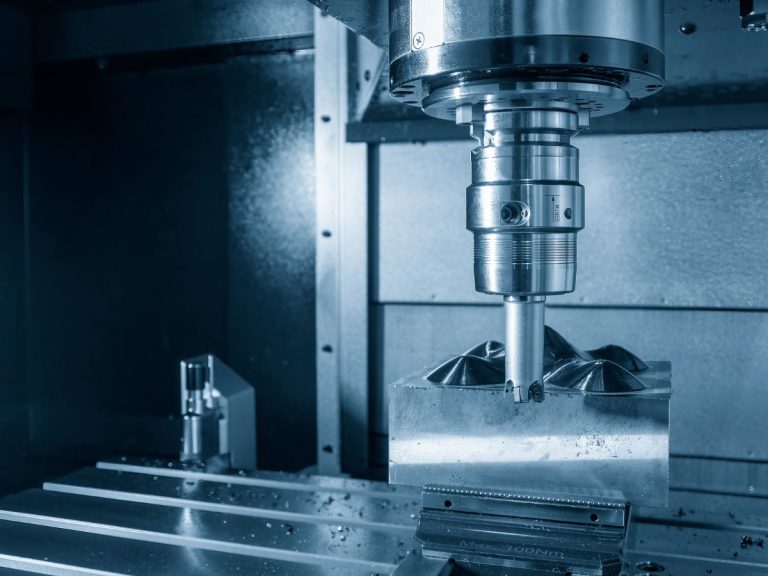A Parent’s Guide to the Pediatrician First Visit
Bringing a newborn home is both joyful and overwhelming. In the first few days of life, babies require careful monitoring to ensure they are adjusting well outside the womb. One of the earliest milestones in this journey is the pediatrician first visit.
This appointment not only helps doctors assess the newborn’s health but also provides new parents with guidance, reassurance, and answers to questions that arise during those tender early weeks.
This guide explores what to expect, how to prepare, and why this first visit is such an important part of your baby’s healthcare journey.
When Should the First Visit Happen?
Most pediatricians schedule the first visit within the first three to five days after discharge from the hospital. For babies with complications, prematurity, or special concerns, the doctor may recommend coming in sooner.
The purpose of this early visit is to:
- Confirm that the baby is feeding properly
- Monitor weight and growth
- Screen for jaundice
- Assess overall adjustment to life outside the hospital
Why the Pediatrician First Visit Matters
This first checkup goes beyond a simple examination. It helps ensure that the newborn is thriving while also setting the tone for future healthcare visits.
Benefits for Baby:
- Early detection of potential issues like dehydration, infections, or jaundice
- Baseline growth and development measurements
- Guidance on feeding and nutrition
Benefits for Parents:
- Confidence in caring for their newborn
- Reliable answers to pressing concerns
- A trusted resource for long-term care
Establishing a relationship with your pediatrician from the start creates a foundation of trust and support for the years ahead.
What Happens During the First Visit
Understanding what to expect helps parents walk into the appointment with confidence. Here’s a step-by-step overview of a typical pediatrician first visit.
1. Growth Measurements
- Baby’s weight, length, and head circumference are measured.
- The pediatrician compares these against growth charts to monitor healthy development.
2. Full Physical Exam
- Heart and lungs are listened to with a stethoscope.
- The abdomen is checked for any irregularities.
- The skin is observed for rashes or jaundice.
- Reflexes and muscle tone are tested.
- The umbilical cord site is inspected for proper healing.
3. Feeding and Sleep Discussion
Parents are asked detailed questions about feeding frequency, breast milk or formula intake, and sleep habits.
4. Guidance and Education
Pediatricians provide personalized advice on topics such as:
- Safe sleep practices
- Car seat safety
- Bathing and cord care
- Immunization schedule
- Warning signs to watch for at home

Questions Parents Should Ask
The first visit is also a chance for parents to gain confidence. Common questions include:
- How can I tell if my baby is eating enough?
- What is the normal number of wet and dirty diapers per day?
- How long should feedings last?
- What sleeping position is safest?
- When will my baby need vaccinations?
Asking these questions ensures parents leave with clarity and peace of mind.
Preparing for the Appointment
Parents can make the most of this visit by arriving prepared.
Bring With You:
- Hospital discharge summary
- Feeding log (times, amounts, and frequency)
- A list of any medications or supplements
- Baby’s insurance documents
- A change of clothes, diapers, and wipes
Helpful Tips:
- Dress your baby in easy-to-remove clothing
- Feed your baby before the visit to keep them calm
- Write down your questions beforehand
Common Concerns Discussed
Newborn care brings many questions. The pediatrician first visit often covers:
Feeding and Weight
Babies typically lose a small percentage of birth weight before regaining it. Pediatricians track this closely to ensure healthy feeding.
Jaundice
A common newborn condition, jaundice is carefully monitored. If needed, additional tests are ordered.
Sleep Safety
Doctors stress safe sleep practices—always on the back, in a firm crib without pillows or blankets.
Digestive Patterns
Parents often worry about stool color, consistency, and frequency. Pediatricians provide reassurance about what is normal.
Special Considerations for Preterm Babies
Preterm infants or those with medical conditions may require additional monitoring. Their visits often include:
- More frequent weight checks
- Extra screenings
- Specialist referrals if needed
These enhanced checkups give parents reassurance and ensure early intervention if problems arise.
Building a Relationship of Trust
The first visit is about building long-term trust. A good pediatrician listens to concerns, offers evidence-based guidance, and reassures parents without judgment.
Families who want dependable, compassionate care can find peace of mind during their pediatrician first visit, knowing their child’s health is in capable hands.
What Happens After the First Visit
Your pediatrician will likely schedule the next visits at:
- 2 weeks
- 1 month
- 2 months
- 4 months
- 6 months
Each visit builds on the first, tracking growth, vaccinations, and developmental milestones.
Red Flags to Watch After the Visit
Even after leaving the doctor’s office, parents should stay alert for signs that require medical attention:
- Fever above 100.4°F (38°C)
- Trouble feeding or refusal to eat
- Breathing difficulties
- Severe lethargy or unusual irritability
- Yellowing of skin or eyes worsening instead of improving
Quick action in these cases can make all the difference.
Making the Visit Comfortable
Both parents and babies benefit when the experience is calm and reassuring. Pediatric offices are designed to be family-friendly, but parents can bring comfort items such as a blanket, pacifier, or toy to help soothe the baby.
The Role of the Pediatrician Beyond the First Visit
The pediatrician is not just a doctor for newborns—they are a guide through every stage of childhood. From infancy through adolescence, they provide preventive care, immunizations, and developmental monitoring.
That’s why the pediatrician first visit is so important—it marks the beginning of a lifelong partnership focused on the health and well-being of your child.
Parents looking for a trusted healthcare partner can start their journey with confidence through a pediatrician first visit that emphasizes both medical expertise and family support.
Final Thoughts
The first appointment with a pediatrician is one of the most important steps in a baby’s healthcare journey. It ensures that the newborn is healthy, provides reassurance for parents, and establishes a foundation for ongoing medical care.
By preparing in advance, asking questions, and working closely with the pediatrician, parents can feel confident knowing they are giving their child the best possible start in life.
The pediatrician first visit is more than just a checkup—it’s the beginning of a trusted relationship that will help guide families through every milestone of childhood.






